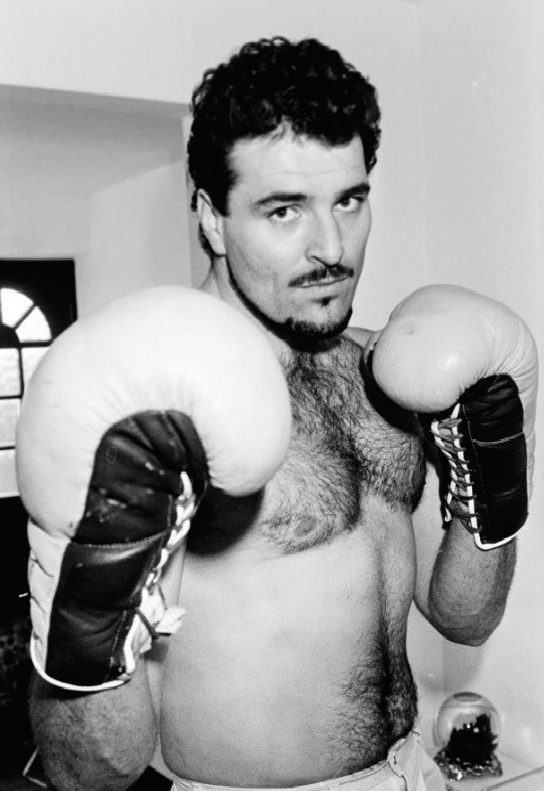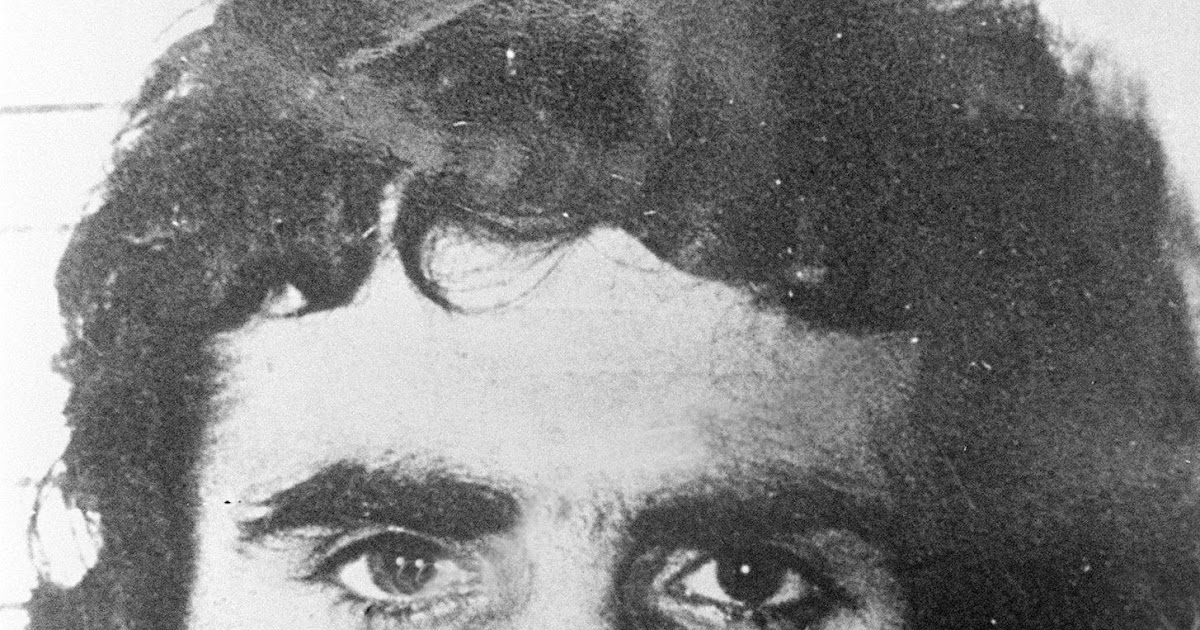
Introduction
John Fury has become a prominent figure in the world of boxing, particularly through his role as the father and trainer of heavyweight champion Tyson Fury. His influence extends beyond just familial ties; as a former professional boxer himself, John has provided invaluable guidance and support to Tyson, helping him navigate both the sport and personal challenges. As the boxing landscape evolves, John Fury’s significance remains pivotal, offering insights into the training and mental strength necessary for success in this demanding sport.
John Fury’s Background
Born on May 18, 1964, in County Galway, Ireland, John Fury was introduced to the boxing world at an early age. He had a brief professional career, competing in the 1980s, which laid the foundation for his deep understanding of the sport. After retiring, he shifted focus to his family, guiding them through tough times and challenges. His son, Tyson Fury, whose career has experienced tremendous highs and lows, credits much of his success to the support and tough love he received from John.
Recent Events
The past few years have seen John Fury not only supporting Tyson in his boxing career but also capturing media attention with his outspoken personality. Recently, he has gained notoriety for his candid commentary on various boxing matches and his predictions for upcoming fights, drawing both admiration and criticism. As Tyson prepares for fights, John’s presence in the boxing community has become even more pronounced, often participating in promotional events and interviews. He has also faced legal troubles and personal challenges, which he openly discusses, showcasing his resilience and impact as a father figure.
Community and Family Influence
John Fury’s influence extends beyond boxing; he is known for his work within the community, often engaging in charitable activities and advocating for mental health awareness, especially pertinent given the struggles faced by professional athletes. His dedication to family values is evident through his interactions on social media and public appearances, where he expresses pride in his children’s achievements and emphasizes the importance of support systems.
Conclusion
As John Fury continues to make headlines in and out of the boxing ring, his legacy is not solely defined by his past or his son’s accomplishments. Instead, it encompasses the values of resilience, strength, and familial support that he passionately advocates. Moving forward, John may likely influence the boxing community even more, leveraging his experience to mentor younger fighters and instill confidence in those navigating the pressures of the sport. In a world where boxing continues to evolve, figures like John Fury remind us of the vital human connections that underpin athletic success.
You may also like

The Evolution of David Miller in International Cricket

The Rise and Influence of Kylie Jenner

The Life and Legacy of Freddie Scappaticci
SEARCH
LAST NEWS
- Remembering Wendy Richard: The Promise to Co-Star Natalie Cassidy
- How Did Anglian Water Achieve an ‘Essentials’ Rating for Mental Health Accessibility?
- Shai Hope Leads West Indies in T20 World Cup Clash Against South Africa
- What We Know About Weston McKennie: Future at Juventus and Past at Leeds
- What We Know About the Upcoming Live Nation Antitrust Trial